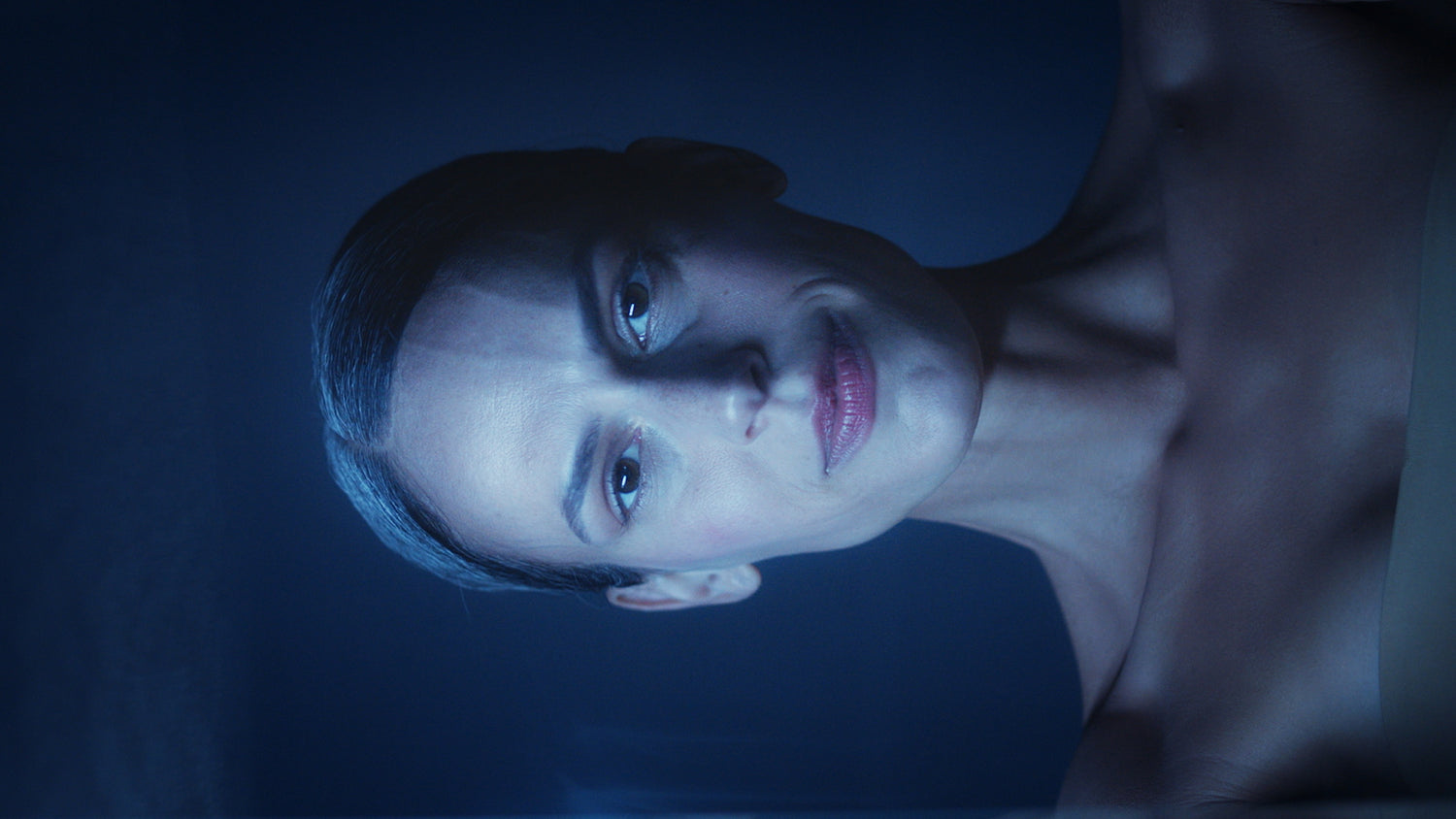Although acne is common during puberty, many women struggle with it in adulthood. This skin problem often affects the psyche and leads to a lack of self-confidence, increased stress and fear of being judged, and impairs the quality of life. Unfortunately, we encounter acne more and more often in adulthood, and the most common cause is hormones, that is, their fluctuation during the cycle, which has a great influence on the formation of acne.
There are certain clear signs that you can judge that your acne is most likely hormone-related:
- They appear on the chin and jaw
To begin with, the location of your acne is key. Acne that appears primarily on the lower part of the face, the so-called In the zone (jaw, chin, neck), although the rest of the face is generally clean, they indicate that it is a hormonal problem.
- They always come back in the same places
Hormonal acne can appear once a month, very often in the same place where you have already experienced this problem, because there is still deep inflammation in the skin, which makes the skin area more sensitive to the hormones that cause acne.
- They appear regularly during PMS
During the menstrual cycle, hormone levels change all the time, and it is precisely during PMS that the skin can look its worst. Then the level of estrogen and progesterone is low and the dominant testosterone is converted into dihydrotestosterone (DHT), which directly affects the sebaceous glands and causes increased secretion of sebum and, consequently, acne.
- Fight painful cysts
As opposed to closed and open comedones (blackheads), your main problem is red papules. Hormonal acne tends to present itself as deeper bumps below the surface of the skin, last longer than a regular pimple and are often very uncomfortable and painful.
- You are stressed
Stress stimulates the adrenal gland to produce the stress hormone - cortisol, the increased level of which also results in more intensive secretion of sebum with increased accumulation in the pores and potentiates the onset of inflammatory acne. Here we can talk about a vicious circle, because stress and frustration in the treatment and treatment of acne can only make the situation worse.
We talked about this problem with an expert, Dr. Dora Madiraca Glasović, a specialist in dermatovenerology from the Clinic for Skin and Sexual Diseases of KBC Sestre milosrdnice in Zagreb:
"When we talk about hormonal acne, we usually mean adult acne in women that first appear after the age of 25 or persist after puberty. They are caused by an imbalance between estrogen and androgen hormones or hypersensitivity of receptors to androgens. They occur more often before menstrual bleeding, in women with polycystic ovary syndrome, during pregnancy or, for example, after stopping oral contraceptives. Inflammatory changes are most often present in the so-called In the area of the face in the area of the cheeks, around the lips, on the chin and neck. They are often full of scars and hyperpigmentation and have a significant impact on the quality of life of patients. The treatment of milder forms of hormonal acne is based on local preparations such as vitamin A derivatives, AHA/BHA acids, benzoyl peroxide and dermocosmetics intended for acne-prone skin. More severe forms require a multidisciplinary approach (dermatological, gynecological and endocrinological treatment) with systemic treatment with antiandrogen drugs such as spironolactone and oral contraceptives.
If you are struggling with this form of acne, remember that patience and persistence are required because there is no magic formula or treatment that will improve the condition overnight.”
Skintegra recommended routines:
For starters, don't squeeze inflamed acne yourself and choose gentle cleansing and moisturizing products that won't stress the skin and will help reduce the skin's inflammatory response. A treatment product for the treatment of acne in the routine may contain acids or retinoids that stimulate cell turnover and have anti-inflammatory properties. During the day, it is essential to protect the skin from the effects of UV radiation.
Cleansing with Amphibian gel : Gentle cleanser in gel form intended for all skin types. It removes impurities without drying or damaging the skin's protective barrier.

Hydration with Spectra serum emulsion : The light and emollient, fast-absorbing texture of Spectra is recommended for hydration, protection, renewal and soothing of irritated and inflamed skin.
Clarion for chemical exfoliation : A chemical peel in the form of a serum containing a combination of 2% salicylic and 4% glycolic acid, unclogs pores, reduces inflammation and is an ideal ally for combination and oily skin prone to (hormonal) acne problems. It can also be used as a local treatment on the acne itself on less oily skin types with adequate hydration.

Sun protection with Solar I : The light, fluid texture of this product provides high broad-spectrum protection, without feeling heavy and greasy on the skin.
Adequate cosmetics can help a lot with acne, reduce it and keep the condition under control, but don't forget that in more severe cases, you need the help of a dermatologist, as well as additional advice from an endocrinologist and gynecologist that will help find out if there is an internal problem that needs to be addressed.

